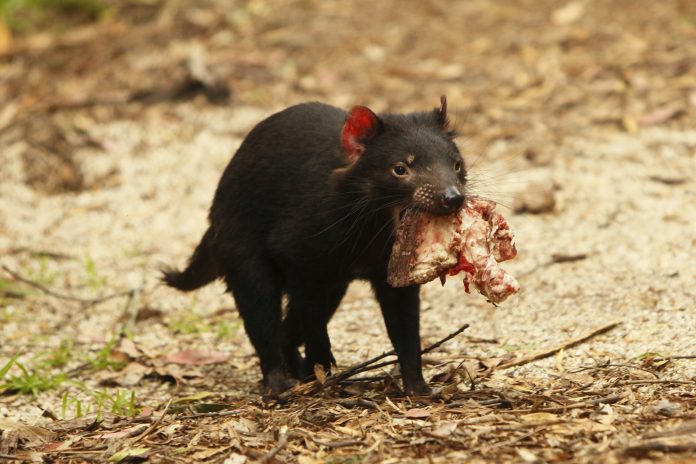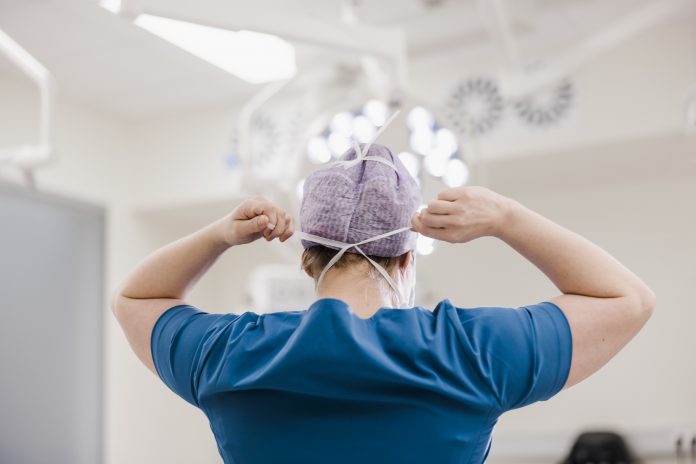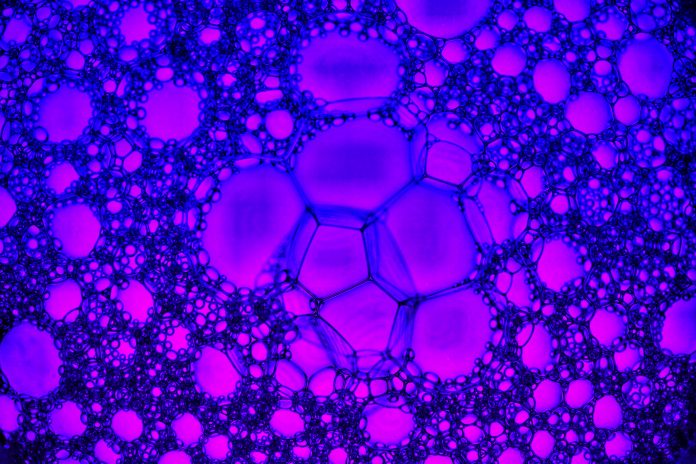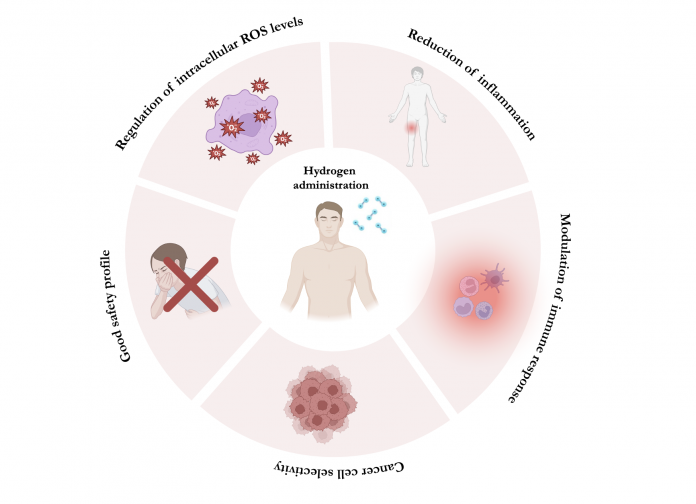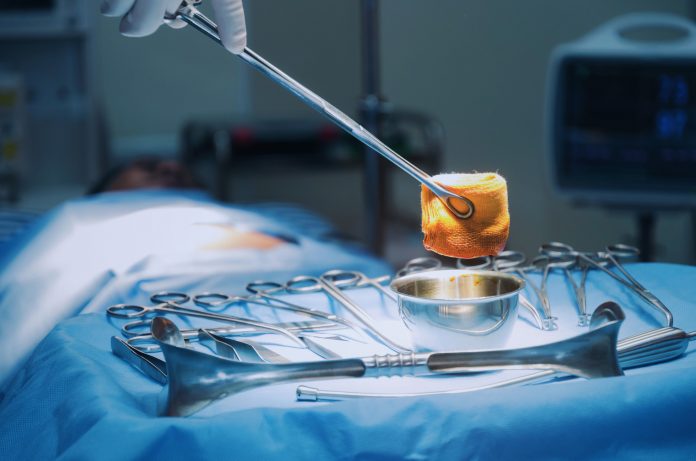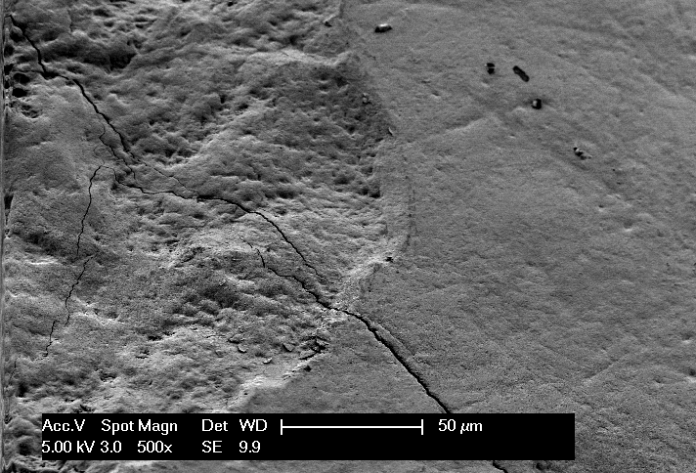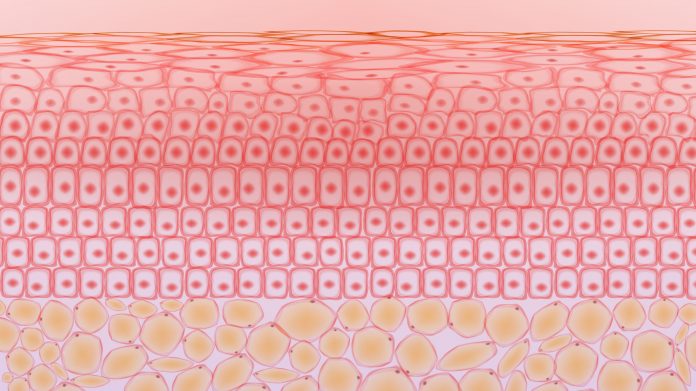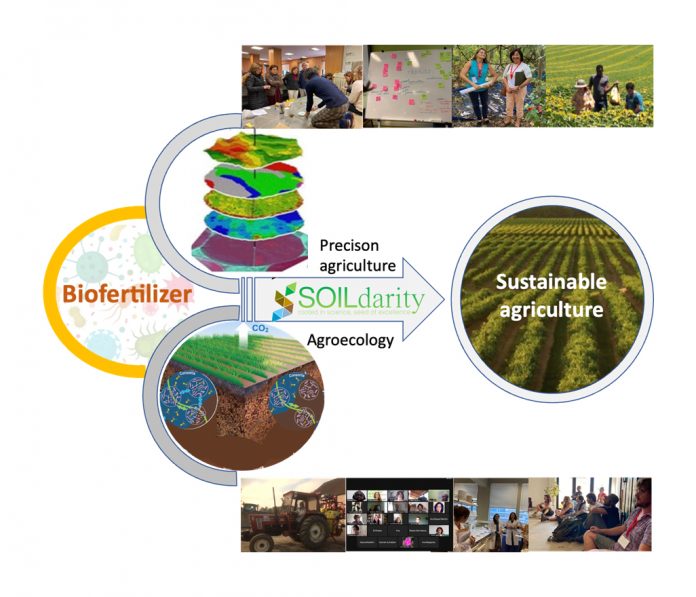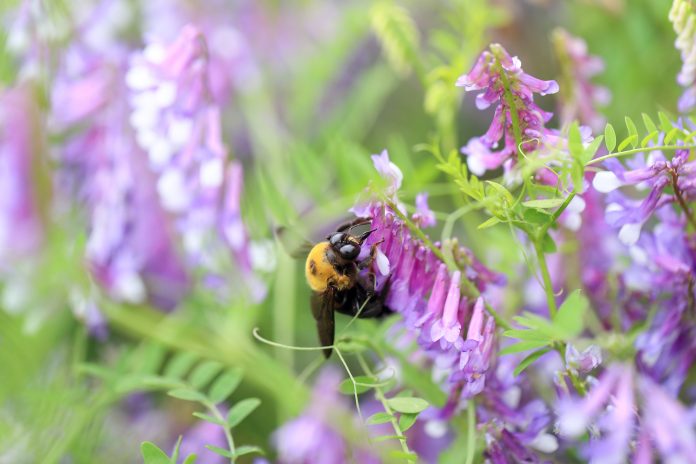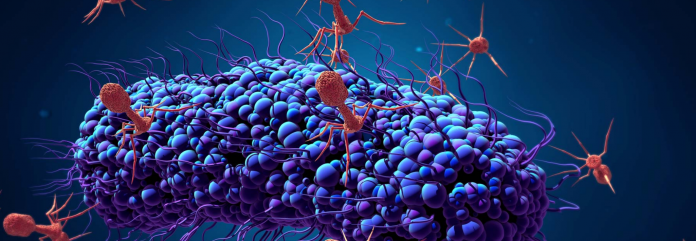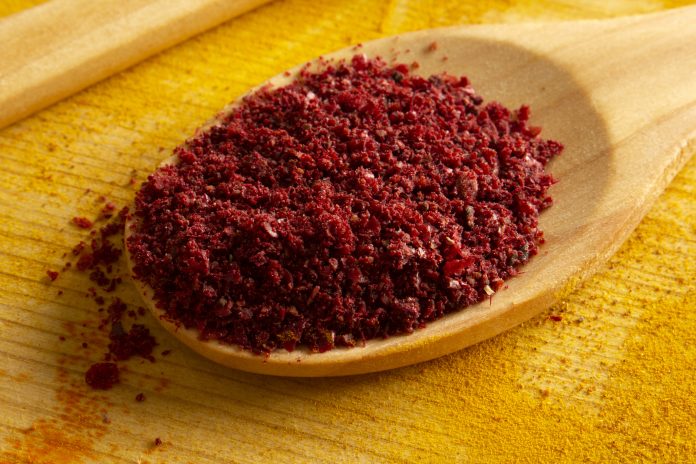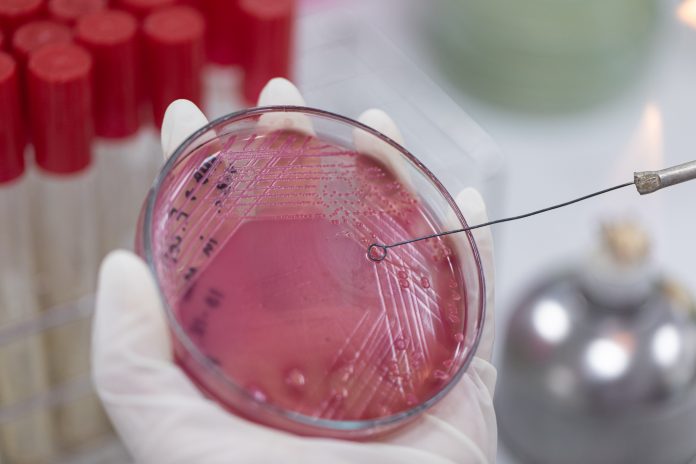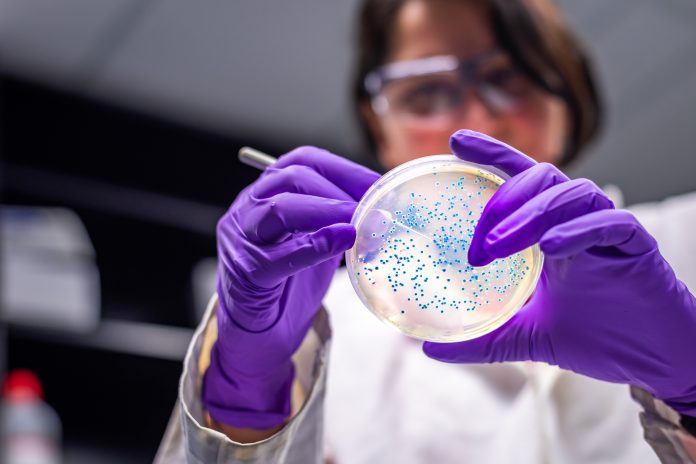Open Access Government produces compelling and informative news, publications, eBooks, and academic research articles for the public and private sector looking at health, diseases & conditions, workplace, research & innovation, digital transformation, government policy, environment, agriculture, energy, transport and more.
Home Search
Bacteria - search results
If you're not happy with the results, please do another search
The crucial role of scavengers in ecosystem health
Animal scavengers’ role in maintaining ecosystem balance is often overlooked. Dr Laurel Lynch from the University of Idaho tells us about her important research on how scavenging by Tasmanian devils influences ecosystem processes.
Lessons from the COVID pandemic to fight against sepsis and common infections
Michael Wong, Founder and Executive Director at Physician-Patient Alliance for Health & Safety and Amy Campbell, Quality Nurse Specialist at ECU Health and Chair at PPAHS Sepsis Advisory Board, discuss how the COVID-19 pandemic has impacted the fight against sepsis.
Leveraging genomic data for effective pandemic preparedness and response
Decoding pathogens’ genetic material is fast becoming an invaluable tool to support pandemic preparedness and responses to global public health threats, Anona Bamford tells us more
Artificial intelligence (AI) and biomaterials: A perfect BandAId™
Thomas J Webster, Ph.D., Professor and Entrepreneur, is investigating the potential of AI in medical applications and biomaterial production.
Hydrogen therapy: An emerging therapeutic strategy in cancer treatment?
Professor Giovanni Brandi (1,2) and Dr Simona Tavolari (1,2) from the University of Bologna discuss findings from preclinical and clinical studies that highlight the potential of hydrogen therapy in cancer treatment.
Dispersing the misconceptions of molecular iodine in medical uses
There are many uses for molecular iodine (I2) for infection prevention. Dispelling misconceptions about its toxicity, Dr. Jack Kessler, Chief Scientist at I2Pure, discusses the reality of I2 across medical indications and seeks to grow its application.
Keep your teeth for life: The tartar challenge
Dr. Marcel Donnet and Dr. Dixit Neha discuss how GBT can overcome the challenge of tartar removal to preserve your teeth for life.
CO2 bioeconomy: Creating value from carbon dioxide
Is the CO2 bioeconomy creating value from carbon dioxide? Dr Kang Lan Tee and Professor Tuck Seng Wong both explain.
Microbiome of the skin: The good and the bad
Chronic wounds are a significant burden to patients and health systems; Manuela Martins-Green from the University of California tells us how her research in understanding the dynamics of wound healing could aid new approaches to wound care.
Early detection of algal infection using direct real-time chemical ionization mass spectrometry
Robert S. Pomeroy, Teaching Professor at UC San Diego, guides us through the early detection of algal infections using direct real-time chemical ionization mass spectrometry.
Integrating biofertilizers and precision agriculture
This article presents a comprehensive analysis of the integration of biofertilisers and precision agriculture, with the aim of creating a virtuous circle of agricultural growth and sustainability, by Cristina Cruz and Teresa Dias of the Faculdade de Ciências da Universidade de Lisboa.
Antimicrobial food packaging: Challenges and achievements
Dr Kay Cooksey, Professor and Cryovac Chair at Clemson University, shares the potential of antimicrobial food packaging in mitigating microbial growth and the obstacles that have hindered the development of commercially available products thus far.
Maternal care deficiency: Affecting development and health of carpenter bees
York University researchers have discovered that while most bees are solitary creatures, there is a remarkable exception in the form of tiny carpenter bee species when concerning maternal care.
Bacteriophages: Nature’s remedy for tackling superbugs and antimicrobial resistance
Given the increasing threat of antimicrobial resistance, Gunther Vanwezer, CEO of Vésale Bioscience, explains how bacteriophages offer a promising natural solution and outlines the company’s efforts to become a pioneer in the development of innovative, personalised and sustainable phage-based therapy solutions.
Research suggests we should be having more Sumac in our diets
Life expectancy is declining in many UK communities – and diet is central to this. Declining nutritional value of our food means we need more high-value substances like sumac in our daily lives.
Decarbonising the world economy with synthetic biology
Macquarie University Distinguished Professor Ian Paulsen, discusses how synthetic biology can be used to decarbonise the global economy.
10 fantastic tips to help you ensure a balanced menopause diet
Maintaining a healthy and balanced diet is essential at all stages of life, even throughout menopause. Here Dr Deborah Lee lays out her 10 tips to help keep a balanced menopause diet and understand what your body needs.
£210 million allocated by UK government to tackle antimicrobial resistance (AMR)
In a groundbreaking move, the UK government has committed up to £210 million from its aid budget to tackle antimicrobial resistance (AMR).
What does obesity have to do with the rise in malnutrition in the UK
We tend to associate malnutrition with being underweight due to hunger and starvation. In fact, although this is indeed the case, obesity is also a major cause of malnutrition in the UK.
Breakthrough in combatting antimicrobial resistance revealed
Researchers discover an antimicrobial resistance, identifying molecules that can overcome efflux pumps and restore antibiotic effectiveness against pathogenic bacteria.

